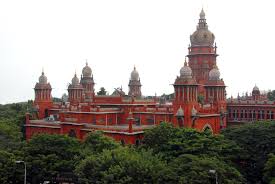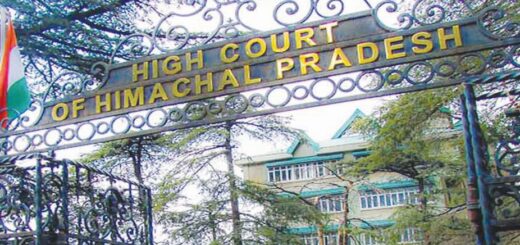The Madras High Court stated that the increase in the status of daughters as coparceners has led to a decrease in the amount of property that widows and mothers receive.

The Madras High Court stated that the 2005 amendment to Section 6 of the Hindu Succession Act (HSA) has improved the status of daughters as coparceners, but this change has decreased the amount of property that widows and mothers receive. The Court was reviewing a Second Appeal against a decision made by the Additional District Judge in Coimbatore, who had overturned a previous ruling by the Principal Subordinate Judge. Justice N. Seshasayee pointed out that it took the Parliament fifty years to amend Section 6 through Central Act 39 of 2005, which allowed daughters to have equal shares in ancestral property. However, it seems that in the excitement of this change, the rights of widows and mothers, who are also Class I female heirs, have been overlooked, resulting in a smaller share for them.
According to the case details, the first Defendant is the father of Defendants 2 and 3, as well as the Plaintiffs. The Plaintiffs are his daughters, while the other Defendants are his sons. The property in question was given to the first Defendant during a partition with his brother. The Plaintiffs argued that the property assigned to their father is ancestral, claiming that they are also coparceners under the 2005 amendment to the HSA, and requested a 1/5th share each in the property.
The brothers, who are the Defendants, filed a lawsuit against their sisters, the Plaintiffs, seeking a court order to stop them from interfering with their possession of property. The Trial Court ruled in favor of the Plaintiffs and dismissed the Defendants’ case. Upset with this decision, the Defendants appealed, and the First Appellate Court overturned the Trial Court’s ruling, dismissing the Plaintiffs’ case. In response, the Plaintiffs took their appeal to the High Court. The High Court noted that when Parliament first created Section 6, it aimed to empower female heirs but was reluctant to fully include daughters of male coparceners. The concept of notional partition was introduced to help balance the preservation of ancestral property rights among coparceners while also granting some rights to certain female heirs of a deceased coparcener.
The Court noted that neither in the past nor currently has Parliament tried to eliminate key aspects of Hindu law, such as coparcenery, ancestral property, and their connections, similar to the Kerala Joint Family System (Abolition) Act of 1975. The Court clearly stated that the property given to the first defendant under Ext.A1 is considered ancestral property, and the plaintiffs, as coparceners, have a right to a share. Although the first defendant may have executed settlement deeds (Exts.B1 and B2) in favor of his sons shortly before the suit, the plaintiffs had already requested their share in the property through notices Ext.A2 and Ext.A4 on August 13 and August 19, 2008.
The Court emphasized that the plaintiffs have been entitled to a share in the suit property as coparceners since 2005, when the amended Section 6 took effect. Any actions by the defendants that attempt to undermine the plaintiffs’ rights will be disregarded by the Court. It was also noted that there was no written partition among the defendants at that time. The substantial question No.2 was resolved in favor of the plaintiffs/appellants. Regarding the burden of proof, the first defendant is bound by the statement about the property’s nature in Ext.A1, and it is his responsibility to prove that it is incorrect or a mistake. Consequently, the High Court granted the appeal, overturned the Additional District Court’s judgment, and reinstated the Trial Court’s decree.
Cause Title: Vasumathi & Anr. v. R. Vasudevan & Ors.
Appearance:
Appellants: Advocate Sharath Chandran
Respondents: Senior Advocate S. Silambannan and Advocate K. Vasanthanayagan.









